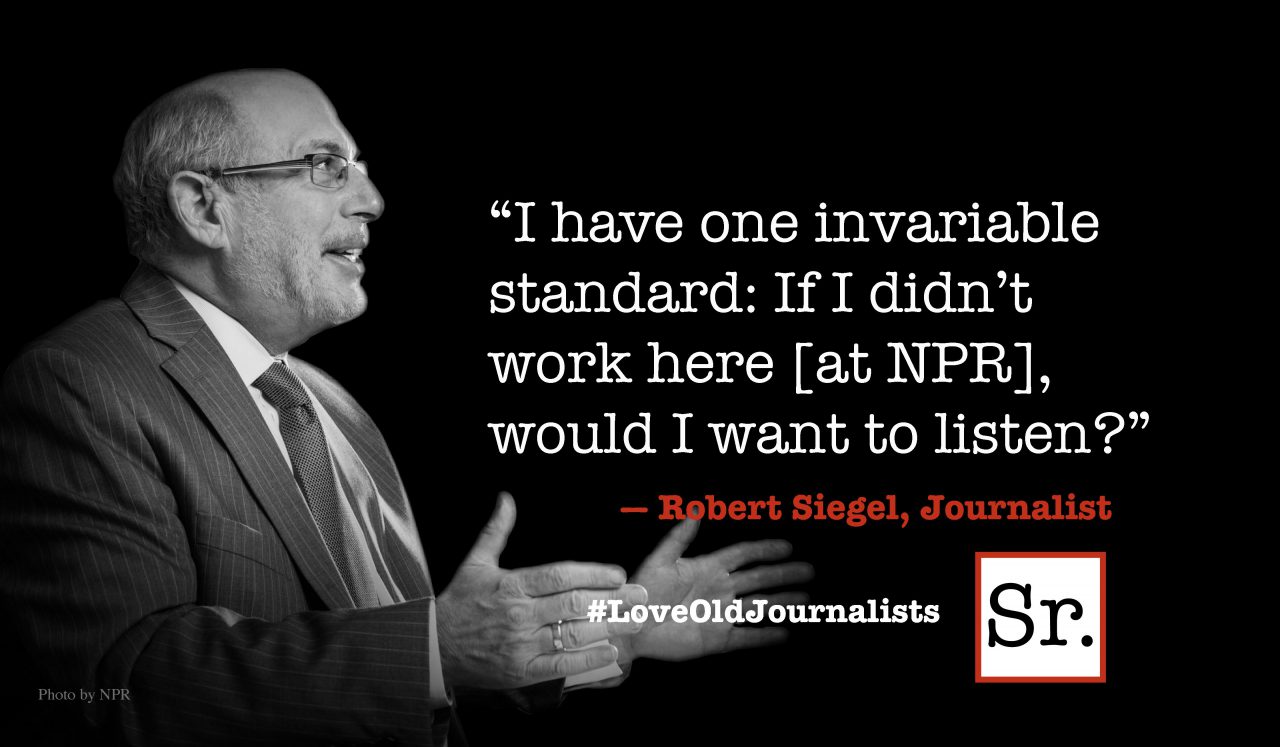Since Labor Day is a tribute to the contributions that workers make to the economic strength of America it was not surprising to hear stories on the news about the achievements of those workers. What is surprising, however, were the reports documenting that the majority of workers in the United States are unhappy. “When I arrive at work I have to mentally prepare myself for stepping through the door,” one of my clients confided. She feels that the stress that she experiences on the job outweighs the benefit of the paycheck she receives. And she is not alone.
In an article in Forbes magazine, contributing writer Margie Warrell wrote: “Sadly, around the world today there are millions of people who go to work every day disliking their job and wishing they were elsewhere. While the cost to the bottom line in organizations is in the billions, the cost to the human spirit is immeasurable.”
In August, Rutgers University published a study entitled “Unhappy, Worried, and Pessimistic: Americans in the Aftermath of the Great Recession." Among the key findings: when asked to describe the typical American worker, using a list of a dozen words or phrases, a small minority checked off happy at work. “Shockingly, it is but a mere one in seven (14 percent) who believe that the average American worker is happy at work. Moreover, there is no difference in this perception between the overall population and those currently working; just 12 percent of those employed checked off the American worker as happy in their job. This figure holds regardless of those paid a salary or by the hour.”
According to Tal Ben-Shahar, PH.D., a lecturer on positive psychology at Harvard University, "the ultimate responsibility for finding the right job or creating the right conditions at work lies with us.”
If you are unhappy at work, begin by asking yourself the following questions:
- How do I define happiness? What does “happy” mean to me?
- How satisfied am I with my present job?
- Does the work that I do utilize my strengths and support my values?
- What can I do to make my work more enjoyable?
- What changes can I introduce to create more meaning?
Examine your actual circumstances, your attitude/mindset, or your options to determine what changes need to be made. Should you look for a new job or are there some smaller changes that you can make that might increase your job satisfaction? Think separately about the kind of work you are doing (tasks, projects) and the conditions of your job (salary, boss, co-workers, physical space, etc.). If you are dissatisfied with the type of work you are performing, you might want to consider a job or career change. If you are unhappy with the conditions, you may be able to talk to your manager or supervisor to determine if any changes can be made.
Unhappiness is often the energy that people need for change. We spend the majority of our day, when we are not asleep, at work. Do not quietly accept your circumstances. Do not squander your time or your talents. Quoting Warrell, “So whether you need to change what you do or change the attitude you bring to it, be proactive about it. You have value to bring, a contribution to make, and your happiness is on the line.”









